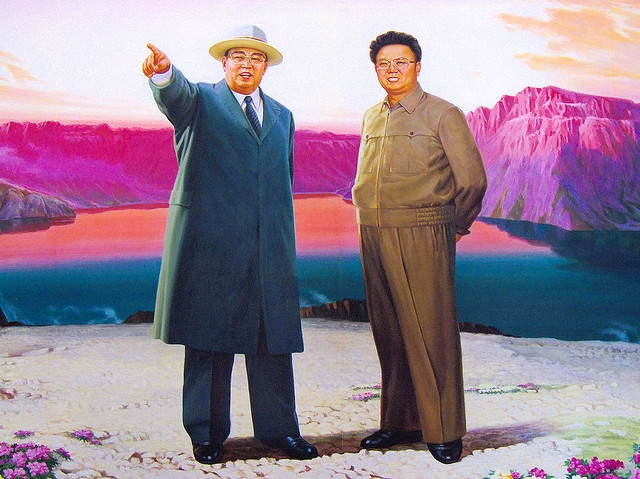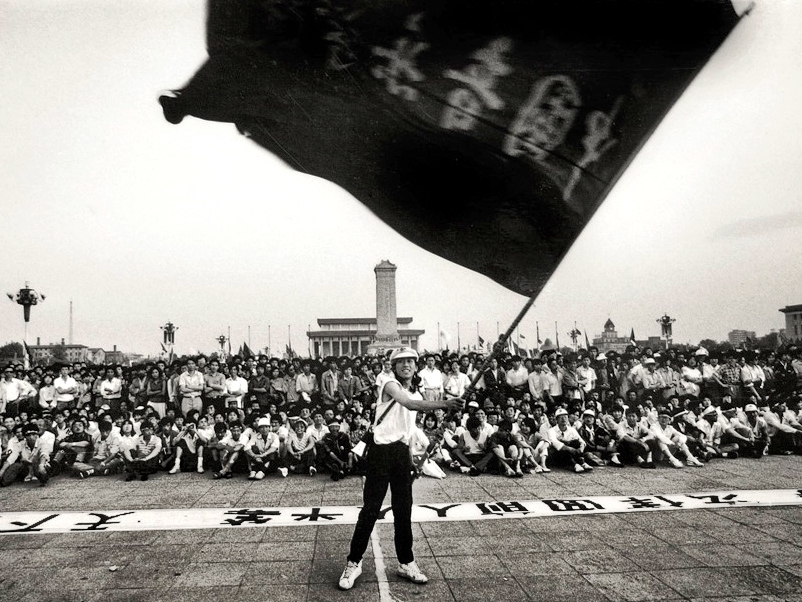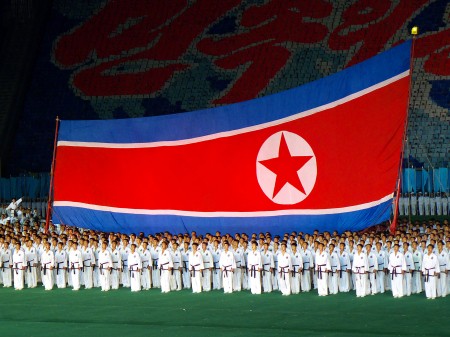
This article was originally published by 38 North on 22 September 2014.
You probably missed the obituary. But on July 7, when North Korean media announced the death of the 88-year-old senior North Korean official Jon Pyong Ho, it highlighted an important but largely ignored development in Pyongyang’s effort to build weapons of mass destruction (WMD). While most observers focus on Pyongyang’s nuclear and missile tests, they ignore the shift happening in North Korea’s WMD community: a newer generation is replacing the North Korean scientists who played a key role in developing Pyongyang’s WMDs. This new generation will play a central role in determining whether North Korea will become a (small) nuclear power.




